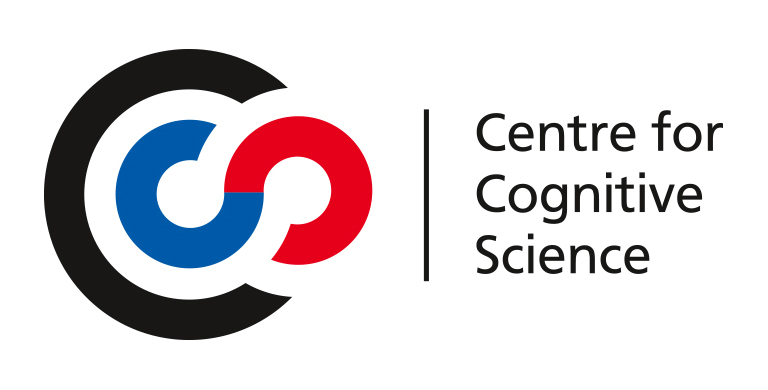Date: 12.05.21 15:20-17:00
Signup: If you would like to attend the talks please register here to get a Zoom link.
Abstract:
Active sensing has long put forward the idea, that visual sensation and our actions are inseparable, especially when considering naturalistic extended behavior. Further support for this idea comes from theoretical work in probabilistic optimal control, which demonstrates that sensing, planning, and acting in tasks involving sequential actions can only be separated under very restricted circumstances. The talk will present experimental evidence together with computational explanations of human visuomotor behavior in tasks ranging from classic psychophysical detection tasks to ball catching and visuomotor navigation. Along the way it will touch topics such as the heuristics hypothesis and the learning of visual representations. The connecting theme will be that, from the switching of visuomotor behavior in response to changing task-constraints down to cortical visual representations in V1, action and perception are inseparably intertwined in an ambiguous and uncertain world.

Prof. Constantin A. Rothkopf, Ph.D.
Working area(s)
Scientific Director Centre for Cognitive Science, Coordinator Profile Topic Cognitive Science
Contact
constantin.rothkopf@cogsci.tu-...
work +49 6151 16-23367
Work
S1|15 246
Alexanderstraße 10
64283
Darmstadt

